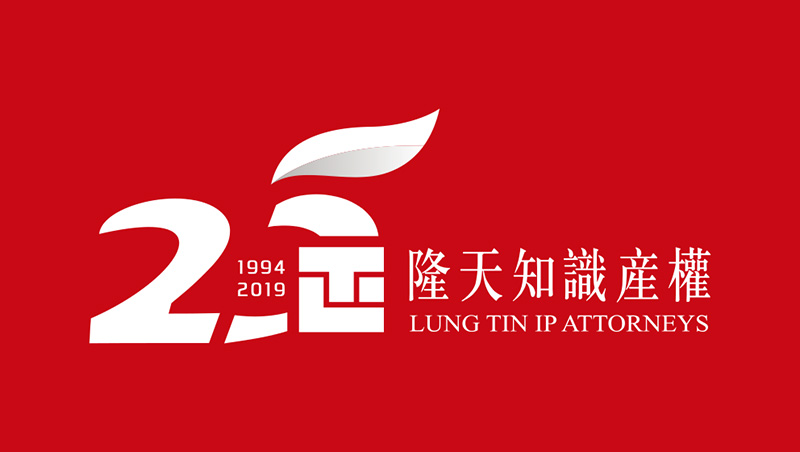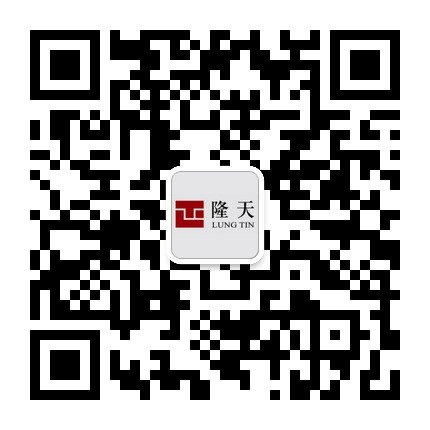In 2014, Whisper, a feminine care brand owned by the US-based Procter & Gamble, released a sanitary pad product made of new liquid materials. In 2018, No.34075766 "液体卫生巾" trademark (trademark in question) was filed for registration by Procter & Gamble in China, but its registration on sanitary pad and health pad products was rejected successively.
Recently, Beijing High People's Court in its final judgment denied Procter & Gamble's appeal and held that the trademark in question used on the designated goods would mislead consumers in the raw materials, ingredients and quality, making it deceptive and should not be registered.
Procter & Gamble submitted an application for registration of the trademark in question to the former Trademark Office (TMO) of the State Administration for Industry and Commerce, requesting certified to be used on Class 5 goods such as sanitary pads, health pads, period-proof undergarments and tampons.
The TMO held that the trademark in question consists of the Chinese word "液体" which means liquid, and will lead consumers to take it as a description of raw materials, ingredients and quality while used on the designated goods. Therefore, the TMO refused the registration.
The disgruntled Procter & Gamble then pled the China National Intellectual Property Administration (CNIPA) for review, but would only suffer another setback. The company then brought the case to Beijing IP Court.
After hearing, Beijing IP Court in its first-instance judgment dismissed Procter & Gamble's claim. Unwilling to just move on, Procter & Gamble then appealed to Beijing High People's Court and submitted the application for narrowing the range of the goods, specifying that the goods the trademark in question was designated to be used on will be limited to sanitary pad and health pad products made of liquid materials and giving up its registration on other goods. In addition, Procter & Gamble and its subsidiaries promised to only use the trademark in question on sanitary pad products made of new liquid materials.
Beijing High held that the trademark in question "液体卫生巾" may lead consumers to take it as a description of new materials, ingredientss and quality while designated to be used on sanitary pad and health pad products made of liquid materials and has deceptive meaning, violating Item 7, Paragraph 1 of Article 10 of the Chinese Trademark Law. In this connection, the Court rejected Procter & Gamble'a appeal and upheld the first-instance judgment.


